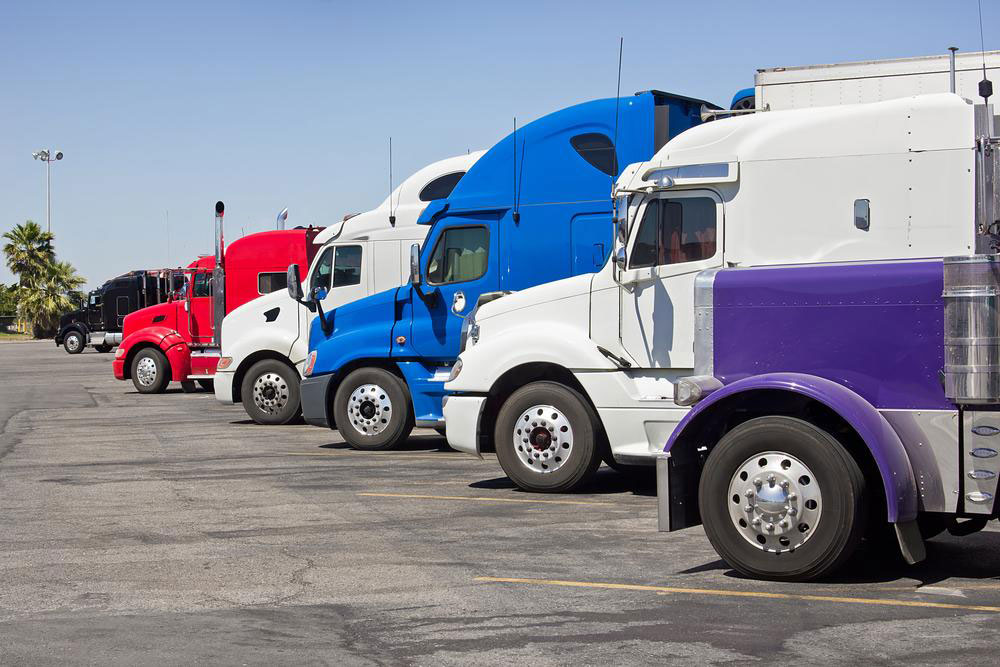Comprehensive Guide to Fuel Reward Cards: Maximize Your Savings and Manage Vehicle Expenses
This comprehensive guide explores how fuel reward cards work, their history, advantages, and top options available today. It explains how these cards help consumers and fleets manage fuel expenses effectively through cashback rewards, security features, and online controls. Whether for personal use or business fleet management, understanding the benefits of fuel reward cards can lead to significant savings and improved expense management. The article also provides tips on how to obtain these cards and highlights some of the best rewards programs currently available on the market.

The Complete Guide to Fuel Reward Cards: How They Work and Benefits
What Are Fuel Reward Cards?
Fuel reward cards, often referred to as gas or fleet cards, are specialized payment tools designed to facilitate the purchase of fuel at service stations. These cards are issued by major oil and energy companies such as Shell, ExxonMobil, BP, and others, as well as by dedicated financial service providers like Edenred, Fleetcor, Fuelman, and Fleetcard. The primary intent behind these cards is to streamline fuel expenses, provide detailed transaction tracking, and offer cost-saving benefits to individual consumers, commercial fleet operators, and businesses managing multiple vehicles.
The Historical Development of Fuel Reward Cards
Fuel reward cards have a long-standing history that dates back to the 1960s in the United States. Initially, these cards resembled standard credit or debit cards, often embedded with basic customer and company identification details. Transactions at fueling stations during that time were manually recorded by cashiers, making the process susceptible to errors and delays. With technological advancements, the adoption of magnetic stripe technology and magnetic card readers revolutionized fuel transactions, significantly enhancing security and efficiency. Over the decades, these cards evolved to include features such as PIN protection, online account management, and detailed reporting systems, transforming them into sophisticated expense management tools. In the current era, fuel reward cards enable users to track expenses precisely, restrict transaction limits, and generate comprehensive reports to oversee vehicle-related expenditures effectively.
Primary Advantages of Using Fuel Reward Cards
Fuel reward cards come equipped with a variety of security and convenience features designed to benefit both individual users and corporate fleets. Among these benefits are cashless payment options that facilitate quick transactions without the need for cash or manual card swiping. Many cards incorporate security features such as chip-and-PIN technology, which provides protection against unauthorized usage and reduces risks associated with card skimming and theft. Moreover, users can access detailed, itemized invoices for each transaction, making it easier to reconcile expenses and monitor fuel consumption accurately.
In addition, online account controls allow users to restrict or suspend transactions, set spending limits, and receive fraud alerts promptly. These controls help in managing fleet expenses effectively while providing peace of mind against potential fraudulent activities. Some provider-specific features include real-time transaction notifications, GPS tracking of fuel purchases, and flexible reimbursement options. Compared to traditional credit or debit cards, fuel reward cards typically have shorter repayment periods, separate transaction terminals optimized for fuel payments, and customizable limits tailored to specific user needs.
How to Obtain a Fuel Reward Card
Getting a fuel reward card is straightforward and accessible through multiple channels. Consumers and business owners can acquire these cards at participating gas stations, where in-store representatives can assist with application processes. Alternatively, many providers offer the option to order cards online via their official websites, simplifying access for remote or corporate accounts. Some financial or fleet management companies also sell or lease fuel reward cards through authorized retail outlets or via direct corporate contracts. Before applying, users should consider the type of card best suited to their activity—whether for personal use, small business, or large fleet management—to maximize benefits and savings.
Top Fuel Reward Cards in Recent Years
In the competitive landscape of fuel reward programs, several cards have stood out for their rewards, features, and user benefits. These include:
American Express Blue Cash Preferred: This card offers significant cashback rewards, including 3% back at U.S. gas stations, 6% cashback on groceries up to an annual limit of $6,000, and 1% on other purchases. New users can earn a $150 bonus after spending $1,000 within the first three months. It also provides a 0% introductory APR on purchases and balance transfers for the first year, alongside entertainment perks. The card has an annual fee of $95 but offers substantial savings for frequent travelers and shoppers.
Discover it Chrome: Known for its simplicity and cashback benefits, this card provides 2% cashback at gas stations and restaurants up to $1,000 every four months, and 1% on all other purchases. There's no annual fee, and cardholders benefit from free monthly FICO score updates. Additionally, Discover offers a first-year double cashback promotion, making it an excellent choice for consumers seeking reward maximization.
Chase Freedom: This card grants 5% cashback on gas purchases up to $1,500 in spending during the first quarter of each year, with 1% cashback on other purchases. It features a substantial sign-up bonus of $150, no annual fee, and purchase protection for up to 120 days. Balance transfers cost $5, making it a competitive option for those managing multiple credit accounts. Its rotating category system makes it appealing to users who want cashback rewards in specific spending categories.
Other notable options include cards from PenFed, Citi, U.S. Bank, Chevron, and Sunoco. These cards offer a variety of cashback rewards, discounts, and additional benefits tailored to different consumer needs. When selecting a fuel reward card, it is crucial to compare reward rates, fees, and additional perks to find the best fit for your driving habits and financial goals.




